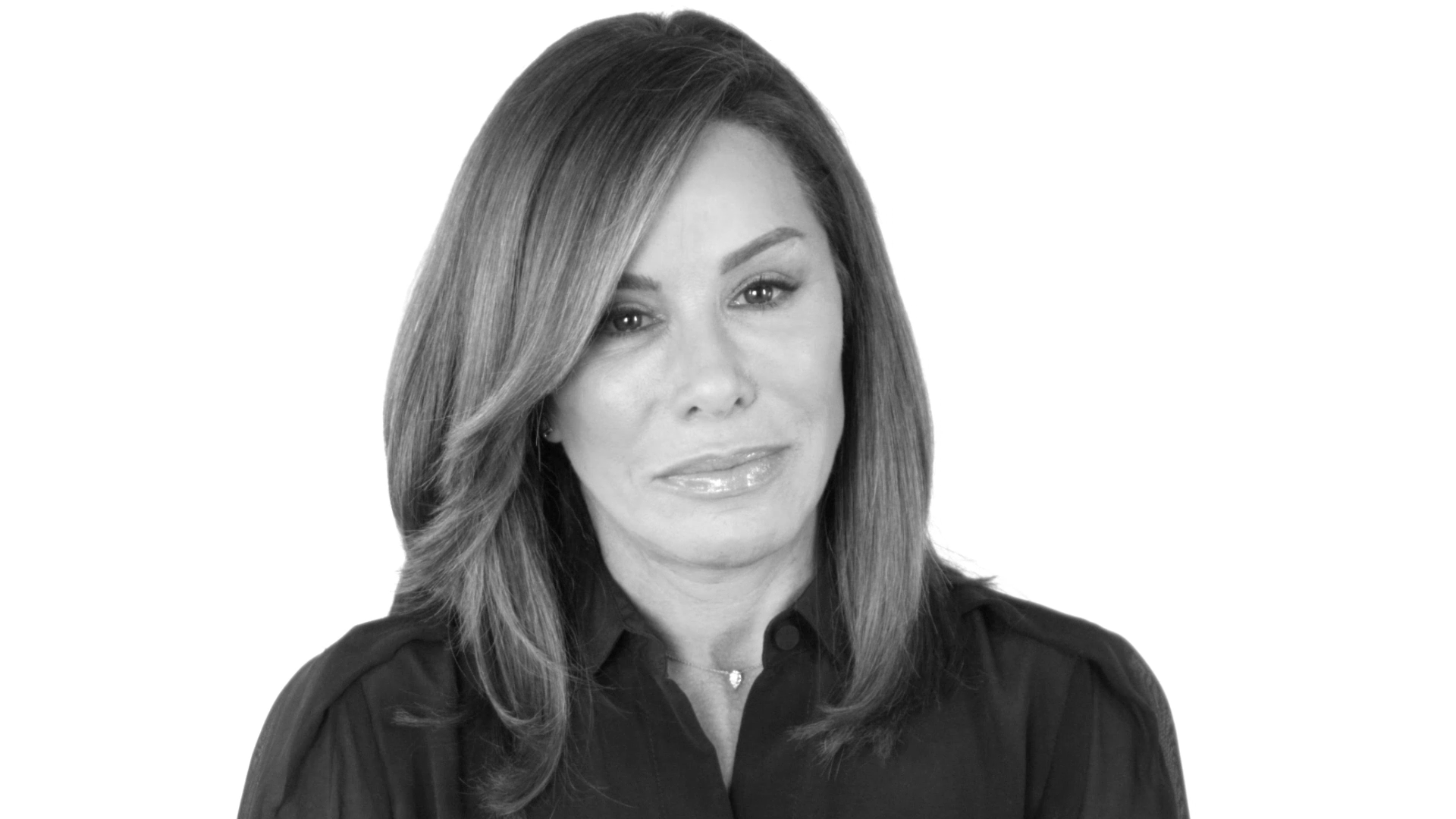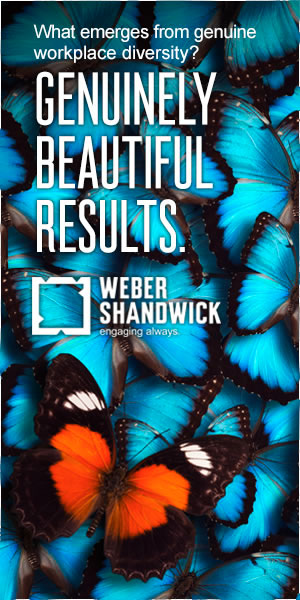LA based non profit, Didi Hirsch Mental Health Services has launched “Stigma,” a nationwide digital campaign that is aimed at erasing the stigma of mental illness.
The campaign includes a series of short videos that feature a diverse cross-section of Didi Hirsch clients, staffers, Board members and celebrities talking candidly about their or a family member’s experience with mental illness. The feature video shows Melissa Rivers, “Fashion Police” Co-Producer, who lost her father to suicide.
“We all hurt. We all have stuff we’re embarrassed by. You can’t wish these things away. So why hide them?” Rivers stated in the video.
Other known personalities in the campaign include actress Eva LaRue, legal scholar Elyn R. Saks, Didi Hirsch’s President/CEO Dr. Kita S. Curry, director Maya Forbes and singer/songwriter/entrepreneur Shawn Amos.
DIVERGE talked to Curry to find out more:
Where did the idea for this project come from?
In the 1990’s, we added erasing stigma to our mission because negative stereotypes were limiting educational and employment opportunities, and individuals’ willingness to seek treatment and health care coverage for mental illness. As part of that effort, in 1997 Didi Hirsch helped launch a national movement to end stigma by honoring Tipper Gore at our first Erasing the Stigma Leadership Awards. This video campaign is another way of spreading the word that shame has no place in conversations about mental illness.
Why is it significant?
As a result of advances in science, most of us in the U.S. now realize that mental illnesses are brain disorders that often have a genetic component—not the work of evil spirits or moral weakness. However, research shows that this knowledge has not changed negative attitudes toward individuals with the illnesses. Although attitudes have improved, many Americans still would be reluctant to work with or live among individuals with a mental illness. This only changes when we learn that people we love and admire have the illnesses we fear. The more that people in our lives (teachers, neighbors, friends, hair dressers, and accountants) are open about their anxiety, depression, bipolar disorder, etc., the sooner we will realize the illnesses don’t define us any more than asthma or diabetes.
Why is this a topic that needs awareness? Stigma stops conversations. People who are ashamed are less likely to reach out for help. It takes 7 to 10 years before most people receive treatment for a mental illness—years in which one’s health is compromised and one’s options can be limited. Also, silence can kill. People who are suicidal often keep their pain and despair a secret, and we either don’t recognize or don’t know how to respond to warning signs.
Why was diversity a priority in the series of videos?
Mental illness will affect half of all Americans sometime in their lives. It doesn’t discriminate: anyone can be affected, regardless of age, gender, sexual identity, nationality, ethnicity, religion, occupation or political affiliation.
What do you hope this campaign accomplishes?
By sharing our stories, we want to erase stigma and raise awareness that mental illness is just like any other illness. With proper treatment and management, people with mental illness can thrive and lead productive and fulfilling lives.
How can others help? Please share our video campaign with your friends. Please open the door to conversations about mental illness by sharing your individual or family experience. You’ll find almost everyone you speak with joins you with a story of their own.


